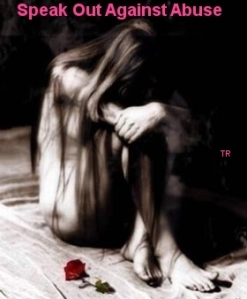
What is the “Equality Wheel”?
The Equality wheel is a model used to explain the dynamics of a healthy relationship. It is applicable to all forms of relationships; with friends, dating partners, intimate partners, life partners, or family members. Each component of the wheel supports and reinforces the others, with equality always at the center. The Equality wheel can be used by anyone as a guide to maintaining healthy patterns in a relationship.
The Center of the Wheel:
Equality: Equality is the foundation of any healthy relationship
The Spokes of the Wheel:
Trust: trust appropriately. You would trust your life partner more than you would trust a new aquaintance.
Support: Support each other. Encourage others in their goals, activities, and personal growth.
Respect: Respect other people’s boundaries. Learn othe people’s boundaries and do not infringe upon them.
Responsibility: share responsibility for maintaining a relationship. Bothpeople in a relationship should be included in making decisions.
Communication: communicate effectively. effective communication involves clearly expressing your thoughts and feelings and listening to those and others.
Boundaries: maintain healthy boundaries. create safe and comfortable space to experience relationships by defining and communicating your boundaries to others.
Honesty: Be open and honest. it is important for both people in a relationship to be honest about their intentions, feelings, or desires.
Accountability: Be responsible for your own actions. Talk to others to understand how your actions effect them.
The Outer Circle of the Wheel:
Non- Violence: there is no place for violent acts or behaviors in a healthy relationships. examples of violent acts or behaviors include yelling, name-calling, minimizing feelings, throwing things, unwanted touching, pushing, hitting, stalking, and forced sex.
PLEASE TAKE A FEW MOMENTS TO PARTICIPATE IN OUR POLL
















